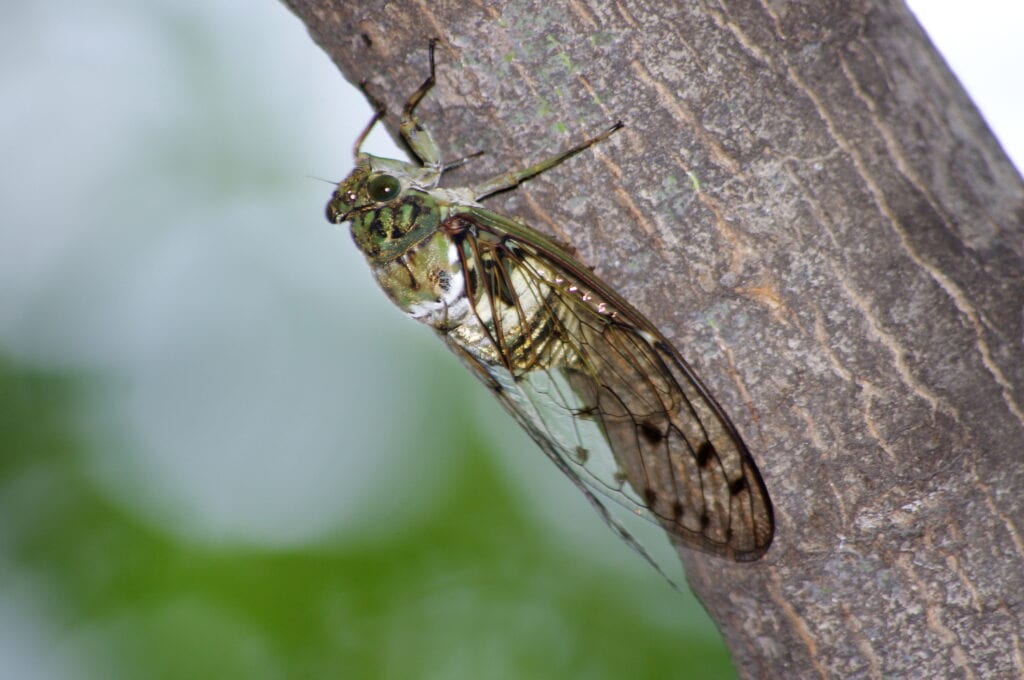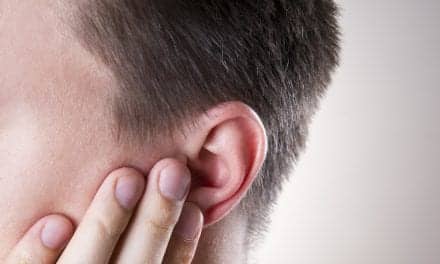With this year’s return of cicadas, many will view the mostly harmless insects as an annoyance. However, the bugs’ high-pitched buzzing sound — which can be loud enough to drown out a jet plane flying overhead — could potentially worsen an ear-ringing condition known as tinnitus, according to an article published on the Johns Hopkins Medicine website.
Related article: Treating Tinnitus with Sound Therapy
Tinnitus, a ringing sound inside the ears, has various causes including hearing loss, damage to the nerve ending in the inner ear, thyroid problems, or exposure to loud noises. More than 45 million Americans struggle with the disorder.
According to the US Centers for Disease Control and Prevention (CDC), exposure to sounds of cicada buzzing, which can reach 100 decibels, for 15 minutes can be enough to cause noise-related hearing loss. The CDC says 100 decibels is approximately the noise level of a motorcycle revving or a jackhammer in operation.
“For those with tinnitus or any hearing challenges, it is important to address the level of noise exposure that can occur during the cicada season,” says Rachel Hisim, MSN, CRNP, an otolaryngology nurse practitioner who treats patients with tinnitus at Johns Hopkins Medicine. “Though we can’t always remove the sound irritant from our environment, we can remove ourselves from certain environments to decrease noise exposure and the possibility of worsening ear ringing.”
When outdoors during the cicada season, Hisim says it’s reasonable to protect hearing with headphones or ear plugs. Or, she says, people can opt to stay indoors to limit their exposure during the periods when cicadas are noisiest (afternoons through dusk, if the weather is hot and sunny).
A sound meter app available from the National Institute for Occupational Safety and Health (NIOSH) can help measure sound levels, says Hisim. The app may be accessed at: www.cdc.gov/niosh/topics/noise/app.html.
Hisim is available for interviews.
Source: Johns Hopkins Medicine
Image: © Sirddeic | Dreamstime.com






